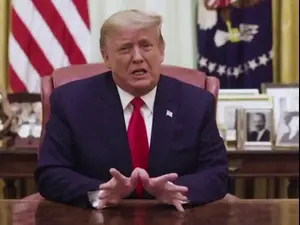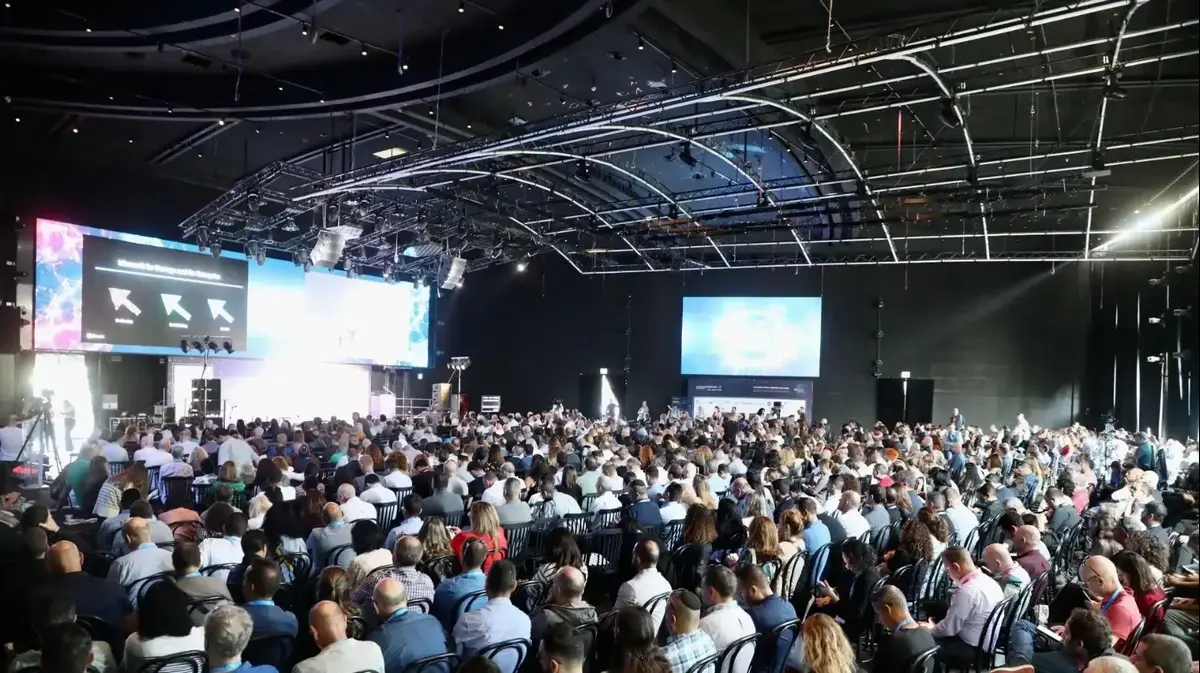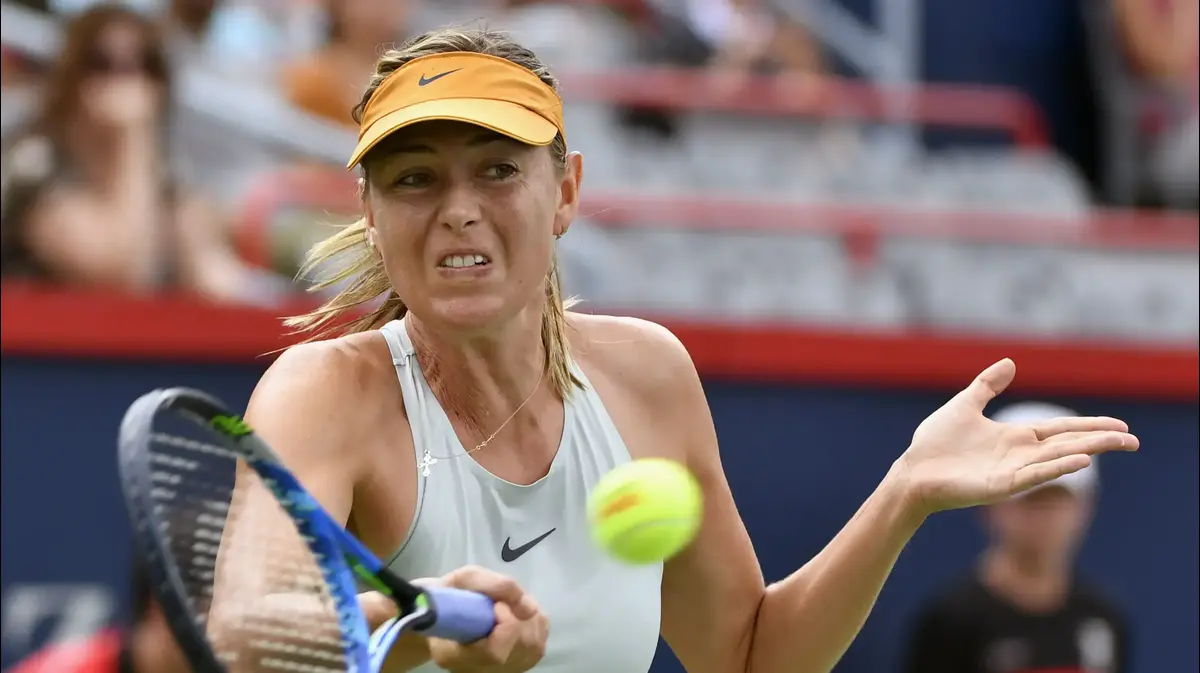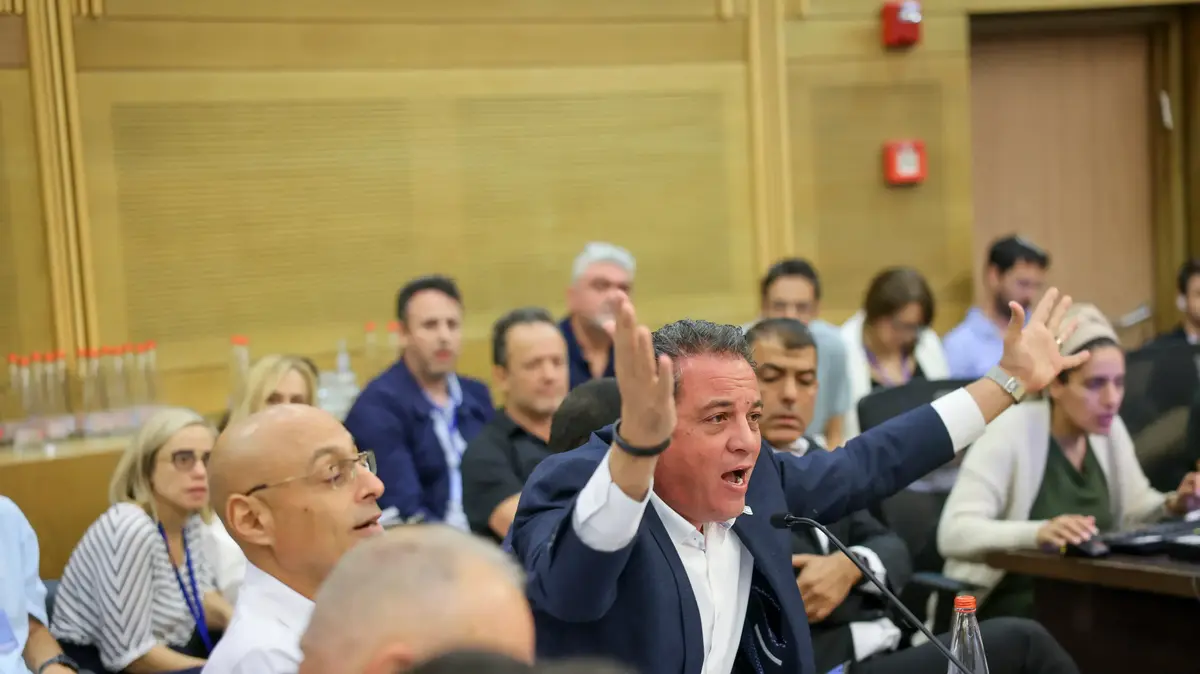Business
Opinions
The world against the monsters of technology.
Who will win this war?
The huge fines imposed on the big corporations only made them chuckle.
In the US they are trying to anchor legislation, in Europe they are restricting information and what in Israel?
Tags
technology
Adv. Gil Rosenberg
Monday, 18 January 2021, 09:39
Share on Facebook
Share on WhatsApp
Share on general
Share on general
Share on Twitter
Share on Email
0 comments
Despite the closure: In the Talmud Torah "Hachmat Shlomo" in Jerusalem ...
Trump condemned the onslaught on the Capitol in parallel with his ouster ...
Livnat Poran - Walla Studio!
NEWS
USA: Joe Biden Introduces Financial Aid Program for Coping ...
Professor Amnon Amusement
Residents of the Tzahala estate
Eco-friendly snacks
Traffic congestion throughout the country following the placement of barriers to enforcement ...
Tightening the closure: 25 roadblocks were set up on roads throughout ...
In the video: Apple, Google, Amazon and Facebook were questioned at the US Congress about harming competition (Photo: Reuters, Editing: Nir Chen)
In recent months, public criticism of the size and impact of international technology giants on our lives has intensified and the demand for tighter regulatory oversight of their activities has intensified.
The interface between these technology giants, and antitrust and competition law is not new.
As early as the late 1990s, lawsuits were filed in the United States, both by the Department of Justice and by private prosecutors, on the grounds of exploiting its monopolistic position in the field of personal computer operating systems to gain a monopoly in the field of Internet browsers. Its operating system, WINDOWS, and its acquisition of its web browser, Explorer.
Over the past two decades, many enforcement proceedings have been and are being conducted against international technology giants filed by many bodies such as the EU Competition Authority and the US Competition Commission. For abusing their monopolistic status in a number of areas of activity.
In some of the proceedings that have already been completed, these companies have been fined billions of dollars / euros.
(Promoted Content)
This button can save your life in a cardiac or cerebral event
To the full article
Has faced a great many monopoly lawsuits.
Bill Gates (Photo: GettyImages, Dirck Hallstead)
These procedures have a clear factor: the market share of the technology giants in many areas of activity is sometimes almost absolute, which raises a real fear of harm to competition.
To illustrate, an examination of the market share of Google's major products shows that it currently dominates the online search market (about 90%);
In the market for operating systems for smartphones (Android: 91%);
In the browser market (Chrome: about 70%) and more, the hand is outstretched (YouTube, Gmail and more).
In the academic writing on the subject, the nickname G-MAFIA was attached to the technology giants, which speaks for itself and is the acronym for Google, Microsoft, Apple, Facebook and Amazon (there is a "dispute" over whether the letter I in the name is associated with IBM, which is not currently in the competitive position of companies The others, or it indicates the word information and is intended to complete the nickname).
In the last year, however, the spotlight of the world competition authorities seems to have been directed at increasing the prevention of competitive harm derived from the intensifying power of the technological powers and even at changing the way of enforcement against them.
Competition authorities around the world have internalized that the imposition of heavy and significant fines in legal proceedings does not produce sufficient deterrence, as they constitute a negligible percentage of the revenue and profitability of these companies, and they fail to maintain adequate competition.
Therefore, law enforcement agencies around the world have begun to adopt a forward-looking coping model - that is, enacting laws and guidelines that pre-regulate the rules of competitive conduct of technology giants, in order to prevent pre-competitive conduct on their part.
Thus, in recent months a number of developments in the context in question have stood out.
USA: The legislation that will restrict the giants?
A special committee of the House of Representatives that has been examining for months the power of technology giants released a report last October, one of the conclusions of which is that companies are using their dominance to prevent competition and innovation.
The committee even recommended that the U.S. Congress should consider forcing technology giants to separate their dominant online platforms from the rest of their business.
Even if these legislative changes are not expected in the near future, the committee's comprehensive conclusions increase the possibility of legislation limiting future technology giants.
Also, two huge lawsuits have recently been filed against Facebook by the Federal Trade Commission and a large number of U.S. states, one of the remedies sought was to order Facebook to cancel the most significant purchases it has made since its inception - WhatsApp and Instagram - by selling them now In fact, Facebook is abusing its monopolistic power in the market to overthrow its competitors. In fact, the claim against Facebook is that these are deals called Killer Acquisitions, which means that after Facebook identified two significant threats to its position, it acted to neutralize the threat 'Better to buy than to compete' outlined by Mark Zuckerberg (according to an email he sent in 2008 and located by U.S. law enforcement).
It is clear that unlike previous proceedings against the giant companies, in which the enforcement authorities sought to impose only fines, in the present case the remedies sought are measures to cancel purchase transactions that have already been carried out and implemented in the field, after real-time approval by regulators.
The implications of these remedies are weighty.
The CEOs of the large companies testify before the House of Representatives (Photo: official website, -)
Europe: Prohibition of information use
In December 2020, the European Commission published a plan to regulate comprehensive regulation in the context of technology giants, marking the companies as "gatekeepers", joined by 27 European countries.
The definition of companies depends on a number of criteria, such as the number of users, their annual revenue, their market value and the extent of their impact on a particular market in the EU.
The goal of the program is to curb the power of the technology giants that control the online platform on which thousands of companies and hundreds of millions of Europeans rely.
The proposed plan includes, in addition to the possibility of imposing fines of up to 10% of the annual revenues of technology companies, also bans on the use of information they collect from business customers to compete with them or to promote their own services;
Charge to share certain types of information with competitors and regulators;
And even the possibility of requiring a company that systematically violates the regulation to change its conduct and business structure, such as issuing or selling a particular activity (in fact - liquidation).
A company will be considered a "systematic violator of the law" if it is fined at least three times in five years - and then it will be exposed to the more severe sanctions of such liquidation.
Israel: We will wait to see what happens abroad
The approach of the competition commissioner, Adv. Michal Halperin, is to leave the handling of international technology companies to the competition authorities of the European Union and the United States, which have the means, capabilities and power to deal with them effectively. One of the reasons given by the commissioner is the need to create cooperation action and taking into account global markets. In Europe, for example, considering a ban on large technology companies buy startups that could compete with them, like buying Waze by Google. such a move could harm the high-tech industry Israeli and adversely affect its competitiveness.
alongside access to this principle, the Commissioner She clarified on several occasions that in the event that the competitive conduct of the technology giants directly and specifically affects the Israeli market, it will also intervene when it comes to international transactions approved by other regulators and gave as an example the merger of content recommendation companies Tabula and Outbrain (which ultimately did not materialize) , Which was approved by the US authorities, but will be examined in depth by the Israel Competition Authority.
The Commissioner also clarified, in the framework of a compromise agreement (agreed order) of the Authority with Booking.com that it will remove from the agreements with hotels in Israel the ban on publishing prices and better conditions on other online platforms, that international companies should implement the directives of competition authorities around the world. Given in their case - also in Israel, so that the Israeli consumer will not be inferior to consumers in other countries.
In addition, a team set up by the Competition Authority in the field of technology also conducted a test, the findings of which were recently published by the Competition Authority and submitted to the OECD. The test examined whether there is the Killer Acquisitions phenomenon in Israel - that is, a large technology company acquires In order to prevent, eliminate or remove from the market products or technological developments that may compete in the future. The Authority conducted a review of 21 transactions for the acquisition of Israeli start-ups in the years 2014-2019 by the five major high-tech companies - Google, Apple, Facebook, Amazon and Microsoft. The Authority noted that at the same time the test does not in itself rule out the need to increase control over acquisitions of start-ups by large technology companies and the need to re-examine the traditional way of examining mergers in the case of economics. The digital.
Supervisors but so far no real action has been taken.
Michal Halperin (Photo: Creative Commons, Tomer Jacobson)
Recently, it became known that the Israel Competition Authority is examining whether Facebook, as well as other international companies, have not submitted merger notices regarding acquisitions it has made in recent years as required and is even considering imposing financial sanctions on Facebook for violating the law.
Also in the context of private enforcement, which is also exposed to the technology giants in Israel, a class action lawsuit was filed against Google (by a large law firm, which usually represents defendants), claiming that it pushed competitors through the Google Play app and caused damage to users.
By the way, Israeli law already gives the commissioner of this competition authority to dismantle a monopoly (section 31 of the Economic Competition Law), by applying to the Competition Court, in case a monopoly is significantly damaged, the public is significantly harmed, But only through "the separation of the monopoly into two or more separate business corporations."
The bottom line
Gil Rosenberg
A spirit of change is blowing on the enforcement policies of the regulatory authorities in the US, Europe and Israel in relation to the technology giants, with the main policy change being beyond active, forward-looking, passive, past-enforcement enforcement. Only days will tell whether this enforcement policy will prove itself and will serve as a quality alternative to maintaining competition.
Gil Rosenberg is a partner and head of the practice of antitrust and competition law Bsblt Co.
Share on Facebook
Share on WhatsApp
Share on general
Share on general
Share on Twitter
Share on Email
0 comments















